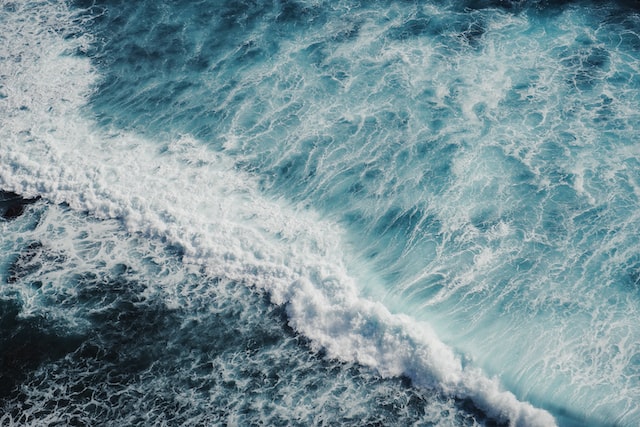Vancouver – The Honourable Jonathan Wilkinson, Minister of Natural Resources, and the Honourable Joyce Murray, Minister of Fisheries, Oceans and the Canadian Coast Guard, have released a statement confirming Canada’s position on seabed mining:
- Canada does not currently have a domestic legal framework that would permit seabed mining; and
- In the absence of such a framework, the Government of Canada will not authorize seabed mining in areas under its jurisdiction.
Seabed mining should only take place if effective protection of the marine environment is provided through a rigorous and comprehensive regulatory structure, taking precautionary and ecosystem-based approaches, using science-based and transparent management, and ensuring effective compliance with effective inspection mechanisms.
The statement reinforces Canada’s leadership in ocean protection and conservation. Canada has committed to protecting 25 per cent of our oceans by 2025, and 30 per cent by 2030, having already increased protected areas from less than 1 per cent in 2015 to 14 per cent today. Canada has also made historic investments in ocean health through the $3.5-billion Oceans Protection Plan, recently renewed and expanded just last year. And just this week at the 5th International Marine Protected Area Congress (IMPAC5) held in Vancouver, the Government of Canada provided further details on the Government of Canada’s 2023 Marine Protected Area (MPA) Protection Standard to help safeguard new federal MPAs from the potentially harmful effects of specific industrial activities, including by prohibiting mineral exploration and exploitation in MPAs.
Canada remains committed to the responsible management of global ocean resources that aligns with strong environmental, social and governance principles and that supports international and domestic efforts to combat climate change, biodiversity loss and pollution.
“The world’s oceans are vital to the health of our environment and our economy. We must ensure that any development of ocean resources is science-aligned and conducted in adherence to rigorous regulatory requirements. In the absence of these key elements, Canada will not permit seabed mining in areas under its jurisdiction.” – The Honourable Jonathan Wilkinson Minister of Natural Resources
“The ocean is critical to the resilience and well-being of coastal and Indigenous communities. Canada has made real progress in protecting the oceans, and that includes taking a strong stand in banning seabed mining in marine protected areas. We have a responsibility to protect nature and biodiversity and are delivering on this commitment.” –The Honourable Joyce Murray Minister of Fisheries, Oceans and the Canadian Coast Guard
“When Canada stepped up to host COP15, the largest biodiversity conference in world history, we played a leading role in getting countries to agree to protecting thirty percent of our lands and oceans by 2030. Protecting thirty percent of our oceans must be more than a slogan. The decisions we take today demonstrate our commitment. Concrete actions, including implementing the precautionary principle to withhold authorization of seabed mining projects in areas of national jurisdiction, say very clearly: this is how we maintain healthy ocean ecosystems for generations to come.” – The Honourable Steven Guilbeault
Minister of Environment and Climate Change Canada and Minister responsible for Parks Canada
Quick Facts
- Seabed mining is the exploration and exploitation of minerals, aggregates or any other inorganic matter from the seabed and its subsoil.
- In April 2019, Fisheries and Oceans Canada announced its new protection standard for new federal Marine Protected Areas (MPAs). The MPA Protection Standard is a federal baseline of a common set of activities that are prohibited or further restricted. Further prohibitions may apply according to each MPA law.
- On February 8, 2023, during IMPAC5, Canada unveiled proposed new sites being pursued for marine conservation targets, as well as further details related to its MPA Protection Standard. MPAs contribute to a healthy marine environment and offer a nature-based solution to address the impacts of climate change by protecting marine ecosystems, their habitats and species.
- Canada is a member of the International Seabed Authority Council and is actively engaged in the negotiations on seabed mineral exploitation regulations. Made up of 167 Member States, and the European Union, the International Seabed Authority is mandated under the UN Convention on the Law of the Sea to organize, regulate and control all mineral-related activities in the international seabed area for the benefit of humankind as a whole.
- Mineral exploration and exploitation do not currently occur in existing federal marine protected areas, and the Government’s 2019 MPA Protection Standard prohibits mining in future federal MPAs.












